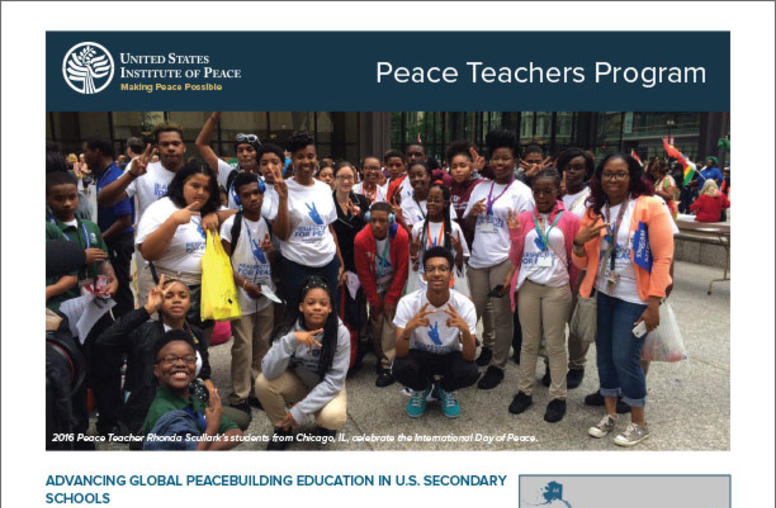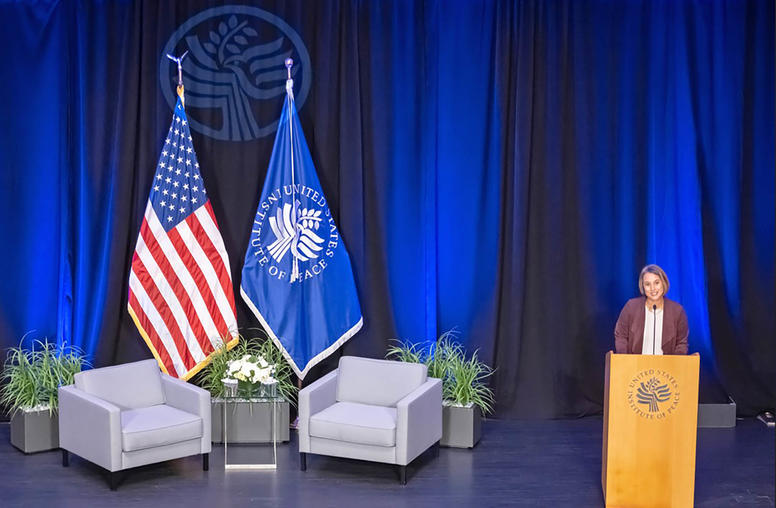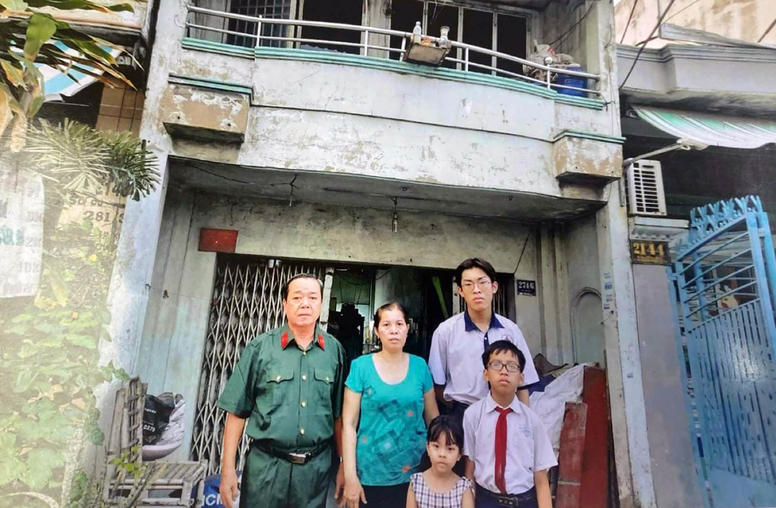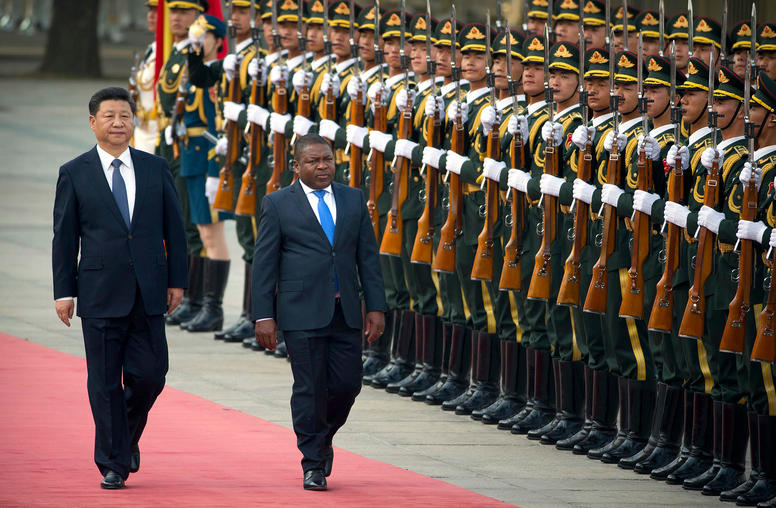A joint initiative of the Training and Education programs, this Graduate Certificate Course utilized a framework for post-conflict stabilization being developed by the Institute, which directly addresses five critical end-states: public safety, rule of law, stable democracy, a robust and growing economy, and social well-being.
A joint initiative of the Training and Education programs, this Graduate Certificate Course utilized a framework for post-conflict stabilization being developed by the Institute, which directly addresses five critical end-states: public safety, rule of law, stable democracy, a robust and growing economy, and social well-being. The course emphasized general principles and how to apply lessons learned from past experience to future challenges. In doing so, participants examined four conflicts including Bosnia, Kosovo, Sudan, and Mindanao. As a way of applying the principles and skills with which the course dealt with, participants were asked to design a post-agreement transition plan for Mindanao based on their personal experience and the Institute´s framework.
Participants were selected from a broad range of agencies and organizations inside and outside the US Government, including military professionals, diplomats, humanitarian aid workers, academics, rule of law specialists, non-governmental organizations, inter-governmental organizations, and others -- essentially, all whose work and/or study makes them experts in this field. The sessions incorporated ideas from current academic work, and were highly interactive, so as to draw significantly from participant experience.
Presenters and faculty included leading experts on post-agreement/post-conflict transitions in a wide number of conflicts, and included representatives from the U.S. Institute of Peace, the World Bank, leading non-governmental organizations, major academic institutions, and other prominent practitioners.



